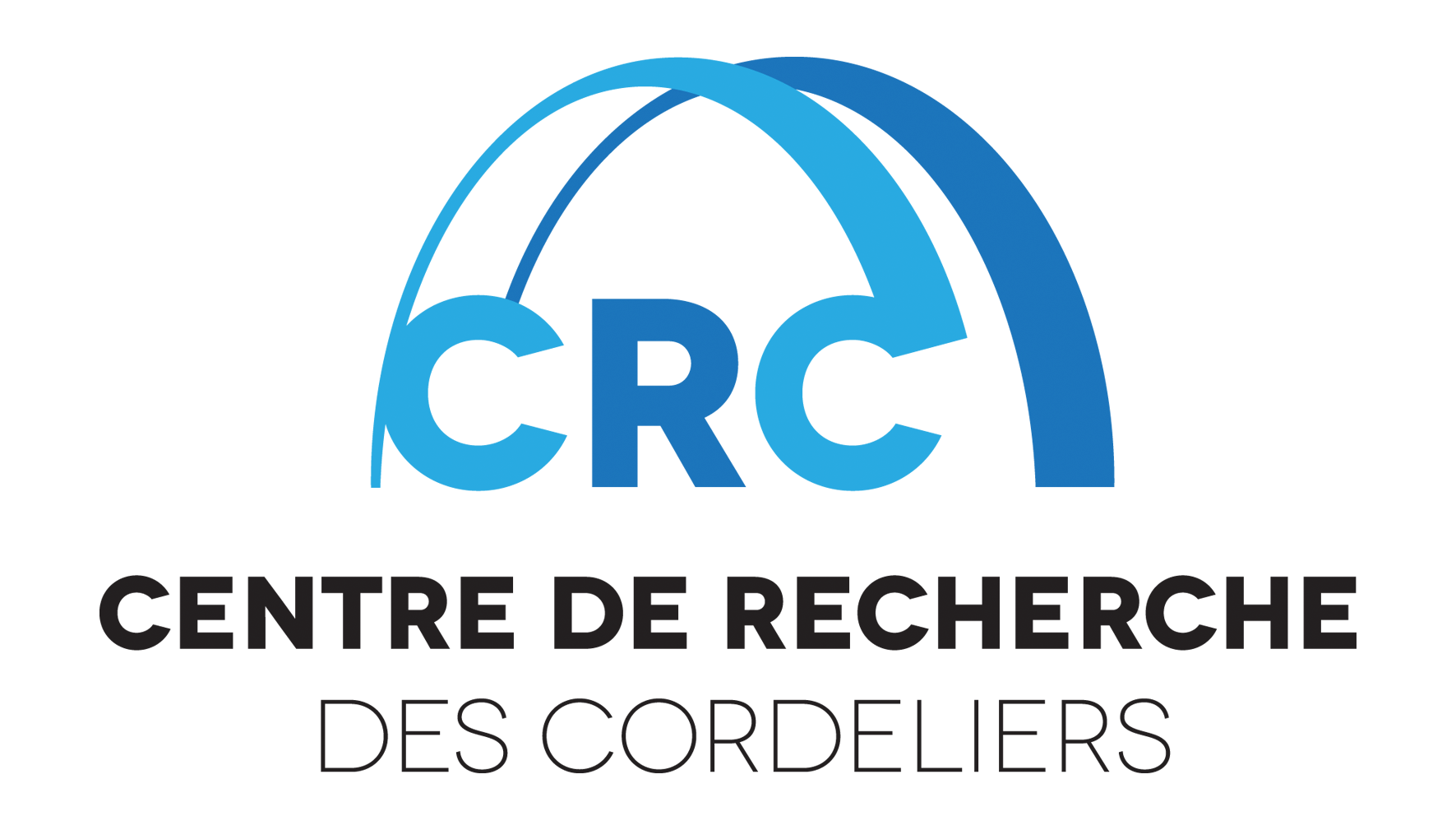Par : Catherine Muller-Staumont (IPBS, Toulouse)
Date : jeudi 26 septembre 2024
12:30 - 13:30
Lieu : Amphi Gustave Roussy
Summary:
Lipid-filled mature adipocytes are frequently found in proximity to invasive human solid tumors such as breast and prostate cancers. At the tumor invasive front, adipocytes exhibit a decrease in size and lipid content, cells that we named Cancer associated Adipocytes (CAAs) (Dirat et al, Cancer Research, 2011). We further shown that CAAs release free fatty acids (FFAs) or fatty acids contained in extra-cellular vesicles and that these FFAs are taken up by tumor cells and used to promote tumor progression by mechanisms that include, but is not limited to, mitochondrial fatty acid oxidation (FAO) (Wang et al, JCI insight, 2017 ; Laurent et al, Molecular Cancer Research, 2019; Clement et al, EMBO J, 2020). I will discuss recent advances in our understanding of this metabolic symbiosis between adipocytes and cancer cells and underlines the differences in this metabolic crosstalk between the various types of cancer and their localization (including bone metastasis where the adipocytes present at proximity of cancer cells exhibit a peculiar phenotype, Attané et al, Cell Reports, 2020). The known association between obesity and cancer mortality clearly reinforces interest in this research area. Obesity is characterized by increased adipose depot size associated with changes at tissue level, including for adipocytes increased in lipid content and metabolic dysfunctions. We will see the emerging results showing that this state could affect metabolic symbiosis between tumor-surrounding adipocytes and cancer cells. Once well established, the metabolic symbiosis between cancer cells and adipocytes will undoubtedly offer new therapeutic avenues in the treatment of cancer in obese and nonobese patients.
Biography:
Pr Catherine MULLER-STAUMONT (MD, PhD) is the head of the “Microenvironment, Cancer and Adipocytes” team and the deputy director of the Institute of Pharmacology and Structural Biology in Toulouse, France. After a training as clinical hematologist in Toulouse, she completed her PhD on multidrug resistance at the Ontario Cancer institute in Toronto. Back to Toulouse, she was appointed Professor et the Faculty of Pharmaceutical Sciences. She created her team in 2008 on adipose tissue, obesity and cancer. Her team discovered the specific phenotype of adipocytes at close proximity to the tumors, cells that they named “Cancer-Associated Adipocytes” (Dirat et al, Cancer Research, 2011). She demonstrated that adipocytes contribute to cancer progression (mainly breast and prostate cancers) through soluble molecules (chemokines, pro-inflammatory cytokines), extra-cellular matrix molecules and lipid mediators. In addition, most of these effects have been shown to be amplify on obesity conditions.
Tous les séminaires
